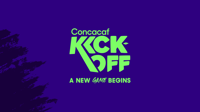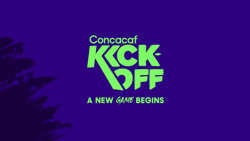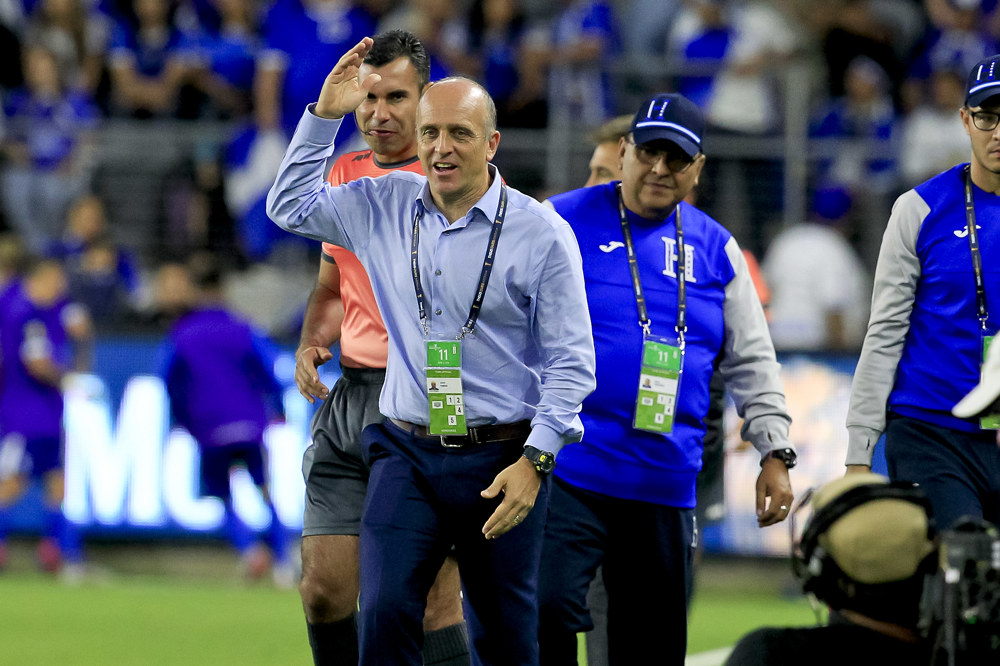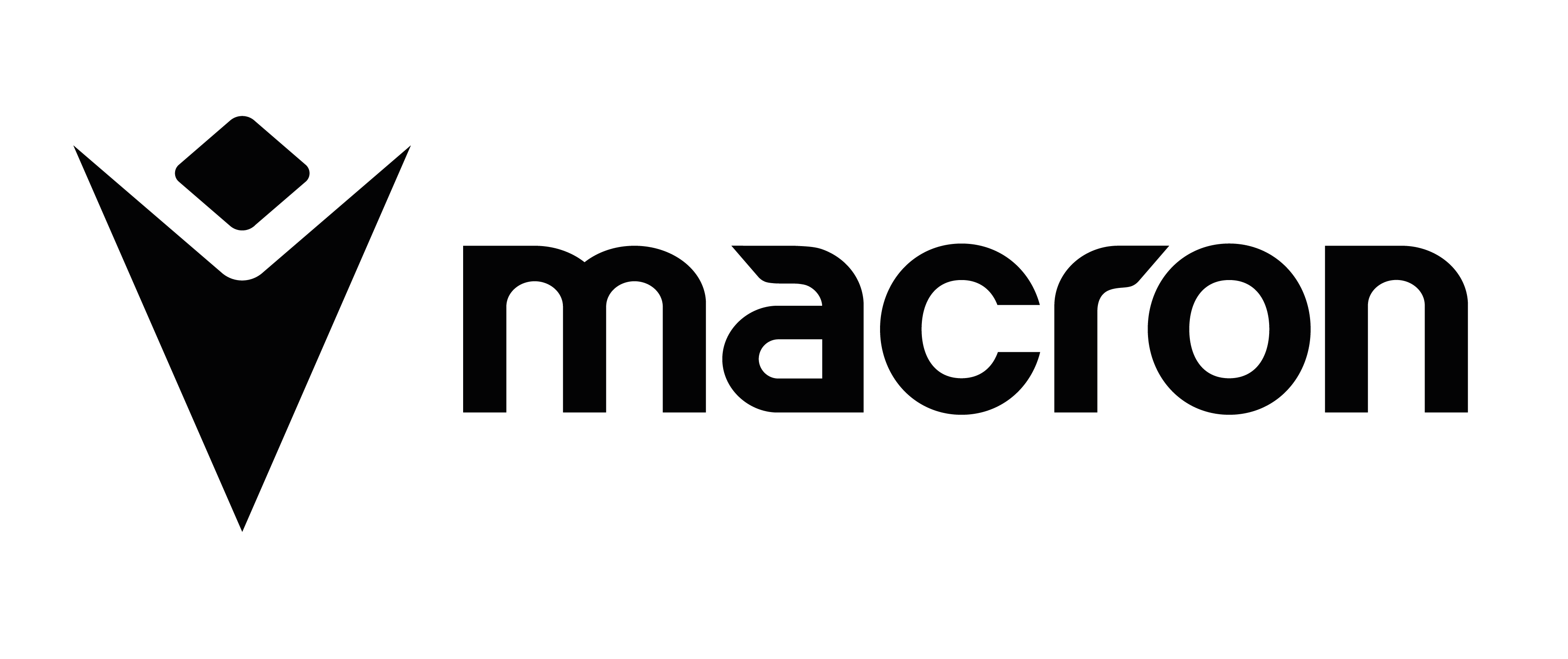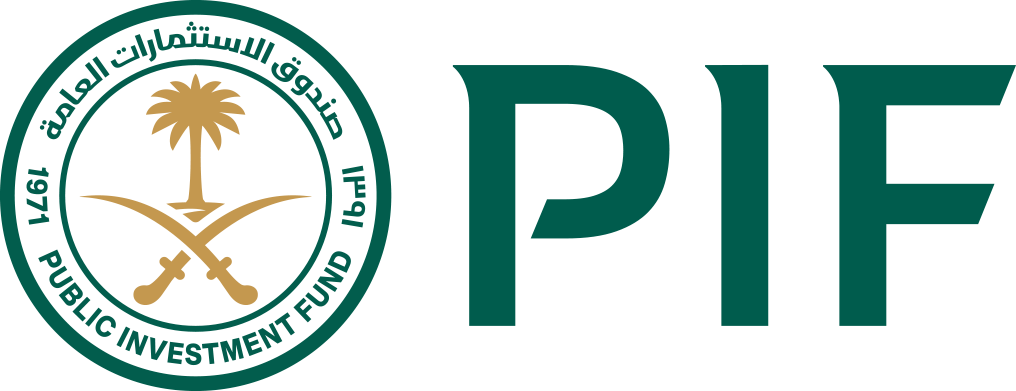MIAMI, Florida – This Friday at 7:00 PM ET, Concacaf will be airing a re-broadcast of two Concacaf Gold Cup classics, the first being the Group C finale between Honduras and El Salvador from the 2019 Gold Cup, followed by the 2011 Gold Cup Final between Mexico and the United States. Both matches will be shown on Concacaf’s Facebook and YouTube pages, plus the Concacaf App.
While the 2019 Concacaf Gold Cup ended with Honduras narrowly being eliminated from advancing to the knockout stage, the Catrachos still registered a very important victory that stands to benefit the team for the long-term.
After a pair of one-goal defeats in their first two matches, Honduras squared off against Central American rivals El Salvador and posted an emphatic 4-0 win to close out their Gold Cup campaign.
Since then, Honduras have five wins and one draw in their last six matches, including an unbeaten 3W-1D-0L record in League A of the 2019-20 Concacaf Nations League.
A little over a year since that win over El Salvador, Honduras Head Coach Fabian Coito looks back on that result and sees it as a critical moment for the squad.
“I think that victory marked several things, not just a good performance in that match but the response of a team hurt by elimination. They were able to come back from an adverse situation and any time you have a group that can come back from a tough situation, they are worthy of consideration,” said Coito in an exclusive interview with Concacaf.com.
“We played a good match and followed what we wanted to do, and then later as our opponent started to become more desperate, space opened up and we were able to take advantage. The team played a focused match and gave off the image of what kind of path we want to be on. For me as a coach and for us as a staff, it was a good sign to us that the players are committed and focused on turning things around, and we would have liked to continued showing that in matches this year.
“I think it was an inflection point that was more about setting team objectives and that we have the capabilities to fight for future things. We had lost three games in a row, against Brazil, Jamaica and Curacao, but on our end, we never changed course. We kept giving the players confidence and we started to work on what we had ahead. The players understood this. At the end of the day, the player is in charge of putting forth on the field what we as managers instruct and when you have a good result, it reflects the synergy between all those involved in the team,” added Coito.
The lessons learned from the Gold Cup and the renaissance being enjoyed by Coito’s Honduras certainly bodes well for the 2010 and 2014 FIFA World Cup participants as Concacaf World Cup Qualifying for Qatar 2022 looms on the horizon.
“I expect the team to keep growing and for there to be a rising number of new, young players to the process and that the national team serves as backing for these players to go to more competitive leagues so they can grow and benefit everyone. On my end, I’m going to continue monitoring all of the Honduran players who are abroad playing, wait for the international calendar and wait for how the domestic league will be set up and from there form a plan.
“I think Honduras has a very competitive team and will be a difficult opponent in World Cup qualifying. We are tough to play at home and we have things that can get us points when playing away which makes us feel like we can finish in the top places,” said Coito.
Coito has been at the helm of Honduras since February 2019 after spending 12 years working as an assistant to the Uruguayan Senior National Team and Head Coach of various Uruguayan Youth National Teams.
Having had the opportunity to learn from one of world football’s most prominent manager, Oscar Tabarez, Coito is applying those lessons in his work with Honduras.
“I’ve known ‘Maestro’ Tabarez for a long time and he has a great ability to communicate concepts and ideas, but more than anything he has also placed the person above the footballer and I think that the performance of any player is a product of their working environment. If we look at the player as a thing that is just there to perform, we are doing a disservice to that player. Instead, we have to make sure that player feels comfortable, happy and confident. There is a belief that the player who wins is of use and the one who doesn’t, isn’t, but that is not the right way of thinking. Obviously, the objective is to win, but defeats teach us something as well and so we have to take advantage of that to build a strong team,” concluded Coito.


























